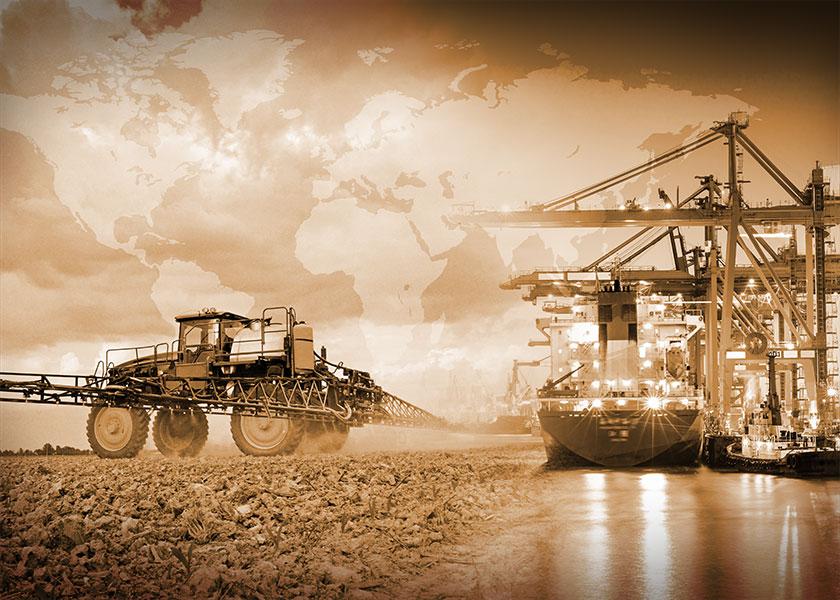Ag Trade Between Russia and China Increased to 153% in April

Russia and China are looking to increase their trade in ag goods, with Russian Prime Minister Mikhail Mishustin stating that Russian farmers are prepared to significantly increase exports to China.
Chinese Vice Premier He Lifeng also expressed China's interest in enhancing industrial and agricultural cooperation with Russia. These comments were made during a bilateral business forum held in Shanghai.
Boom in Ag Trade Between Russia and China
Amid growing international isolation over the war in Ukraine, Russia is seeking to deepen its trade ties with China, which has refrained from joining the U.S.-led sanctions against Russia. This situation has led to a boom in trade between the two nations, with Beijing's purchases of energy and aluminum surging due to sanctions restricting supplies to the West. Furthermore, China's exports to Russia reached a record high in April, amounting to $9.6 billion, a 153% increase from a year earlier.
Related story: Why is China Suddenly Canceling Purchases of U.S. Corn?
While the western sanctions do not directly target food and fertilizers, there is considerable potential in these sectors. During the forum, wheat and meat shipments were reportedly on the agenda. This comes at a time when China is aiming to reduce its import reliance on crops like soybeans, primarily sourced from Brazil and the US, and needed to feed its substantial pork herds.
China's Slow Transition to Russian Ag
Over the past year, China has increased its purchases of food items from Russia. For instance, Russian edible oils, primarily sunflower and rapeseed oils, constituted a quarter of China's total imports in the first four months of the year, up from 13% a year earlier.
Related story: 5 Fundamentals That Could Still Rally Wheat Prices
However, wheat is an exception to China's increased buying from Russia, Bloomberg points out. Despite a surge in wheat imports by over 60% to about 6 million tons in the first four months of the year, Russia only supplied 30,000 tons. Despite Beijing's announcement last year that it would allow wheat imports from all parts of Russia, trade has been impeded by issues like phytosanitary regulations, transportation challenges, and geographic constraints. The primary wheat-growing area in Russia is located in the south, near the Black Sea, a considerable distance from China.







